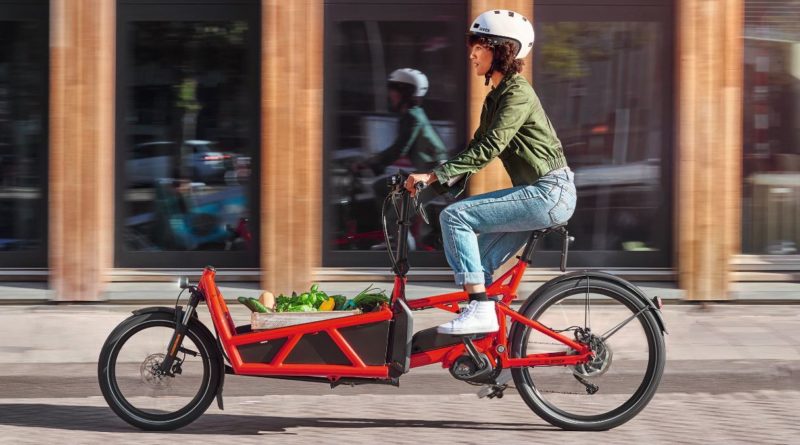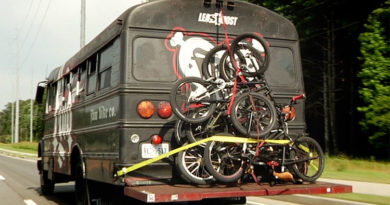Create e-Cargo grant for elderly and disabled, user group urges transport Minister
The Beyond the Bicycle Coalition has written to Cycling and Walking Minister Chris Heaton-Harris, recommending to allocate a new tranche of the e-cargo grant funding be targeted to the people who have suffered the most from the pandemic, namely elderly and disabled people.
In 2019 an e-cargo bike grant came to fruition, with strong take up among businesses, followed by a similar tranche of grant funding for local authorities. The user group is now calling on Heaton-Harris to directly address the needs of society’s most vulnerable with a transport option hat could open up their mobility outside of private car use, something which is not always possible for both demographics.
“In order to rebuild physical and emotional fitness after many having spent months shielding, and to increase their chance of successfully fighting off Covid-19 should they catch it, disabled and older people need to be as physically active as possible,” writes Andrea Casalotti, a founding member of the coalition.
“For many, cycling is easier than walking and therefore provides an ideal way to build physical activity, as well as to reduce isolation and provide a sustainable mode of door to door transport. A wide range of cycles exist that make cycling accessible to people of all ages and abilities and e-power provides the ideal additional support many need to deal with hills, distances, etc.”
“Urgency and generosity” is encouraged in the letter to the minister, who has recently been seen to be getting involved in bike to school initiatives. The £2 million pledged to develop walk and cycle to school rates comes within the existing £2 billion pledge for cycling and walking, to be distributed over the five year term across England’s 343 local authorities.
In recent research, the charity Wheels for Wellbeing, another founding member of the Coalition, found that 75% of disabled cyclists find cycling easier than walking. Their cycle is their mobility aid (as a mobility scooter would be).
Their research also finds that cost is consistently one of the top three barriers to cycling for disabled people. A Grant for ‘All Ability Cycles’ (as is already available in Scotland) would be an important step towards levelling up, argues the Coalition.
In order to better cater for the needs of those with disabilities a petition earlier this year called for an exemption on throttles for speciality e-Bikes. This article by occasional CI.N columnist Laura Laker informs the industry and beyond how such vehicles can open up cycling to a far broader range of people.
Photo: Bosch


